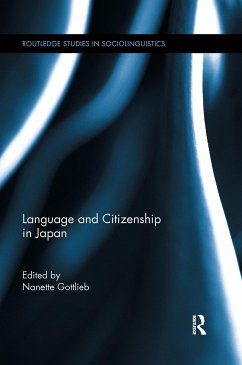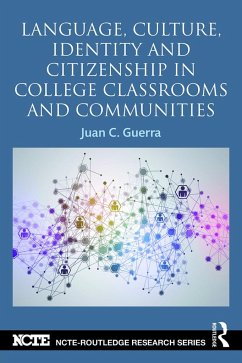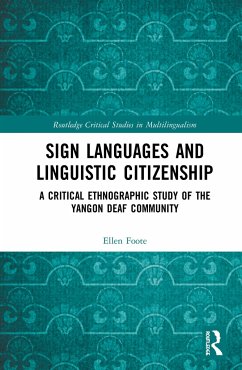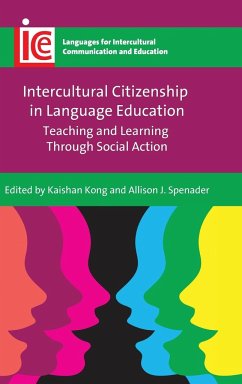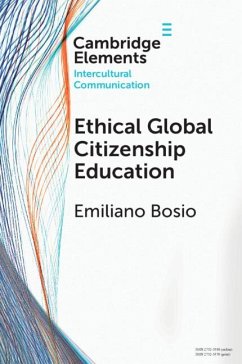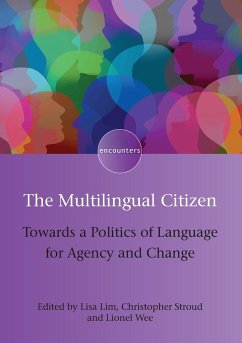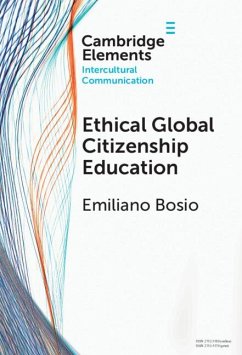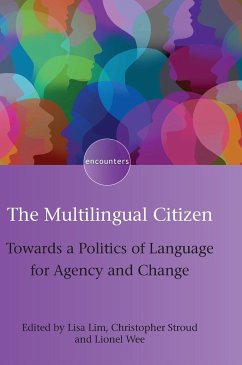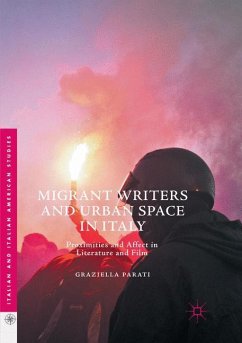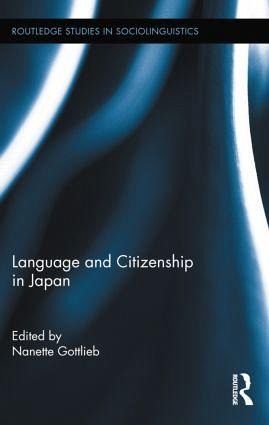
Language and Citizenship in Japan
Versandkostenfrei!
Versandfertig in 1-2 Wochen
185,99 €
inkl. MwSt.
Weitere Ausgaben:

PAYBACK Punkte
93 °P sammeln!
This collection investigates the changing relationship between language and citizenship in Japan today through an examination of key themes relating both to newcomers and to older groups of citizens whose language practices have been shaped by historical forces. Adopting an array of theoretical and methodological approaches ranging from document-based to empirical research and highlighting the increasingly fluid relationship of language to citizenship in a contemporary globalising society, contributors problematise the notion of "one country, one culture, and one language" which has shaped the discourse on identity and citizenship. The notion of citizenship itself is also examined in the book, with discussion of both the increasingly advocated concept of local citizenship and also a wider notion of cultural citizenship linked to the status of local, national, and international languages within Japan.
This book investigates the changing relationship between language and citizenship in contemporary Japan. The essays collected here discuss the manner in which linguistic diversity calls into question the traditional view of a Japanese citizen as a first-language speaker of Japanese, and what the relationship between language and citizenship might henceforth be.




